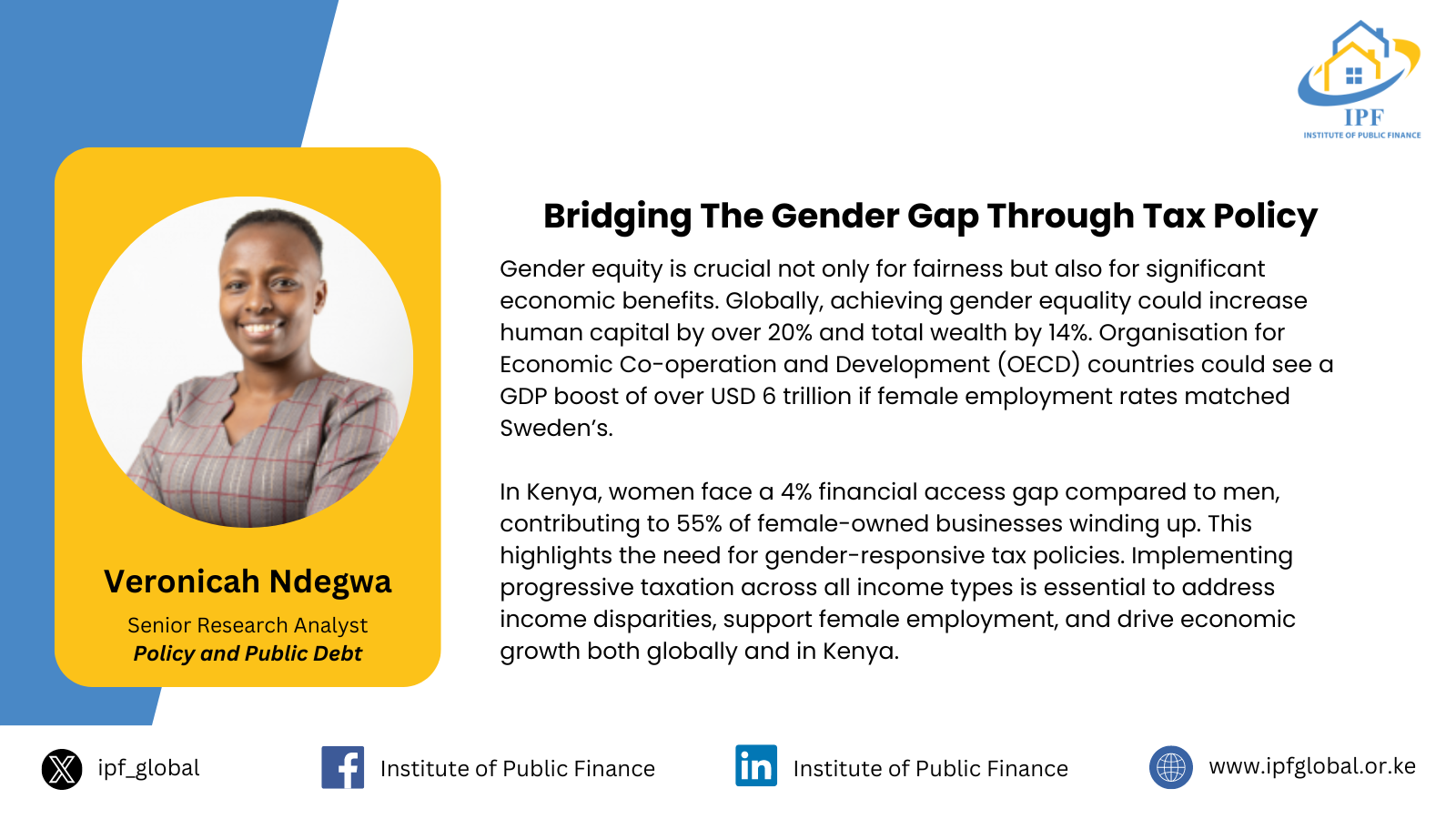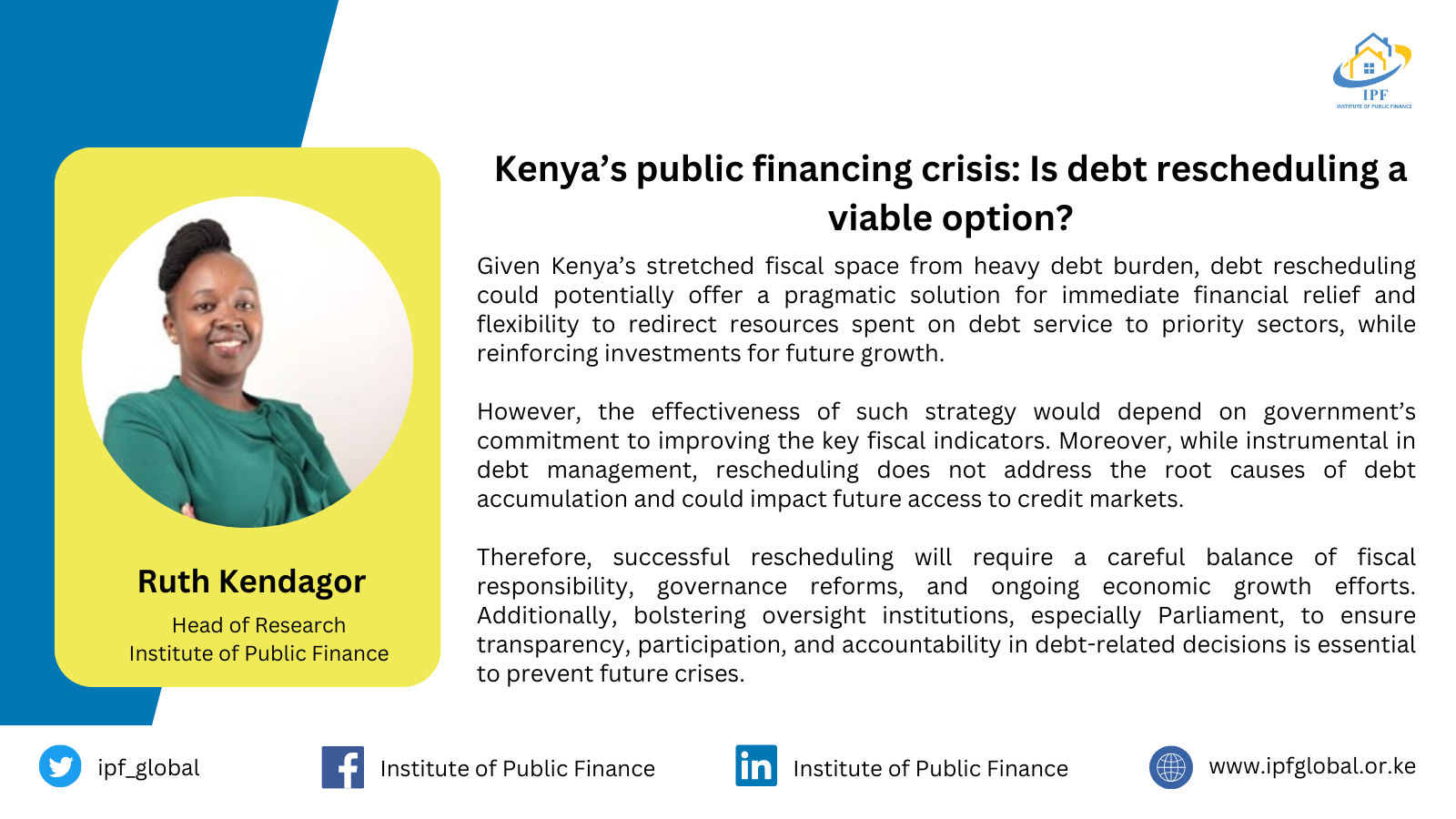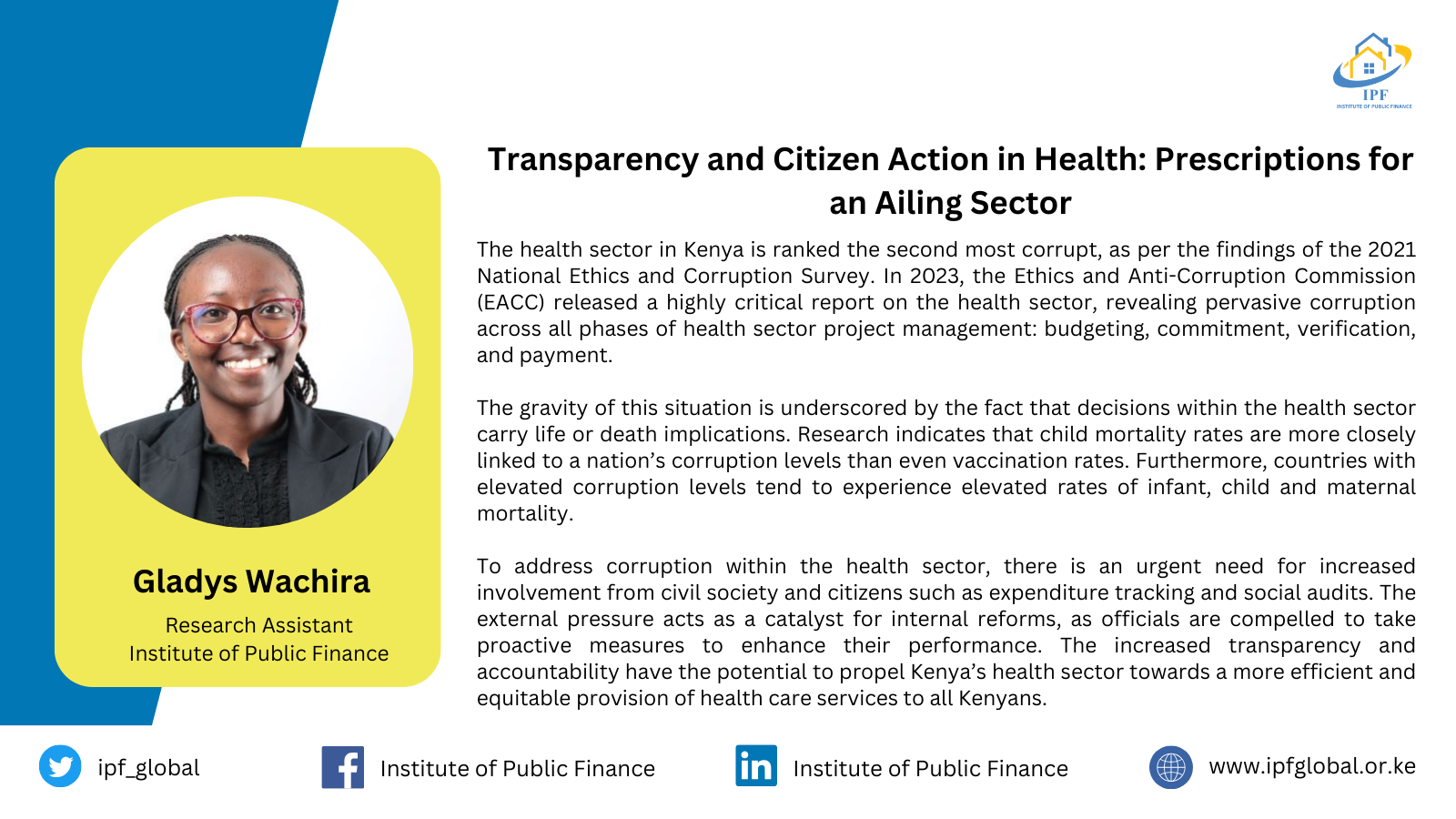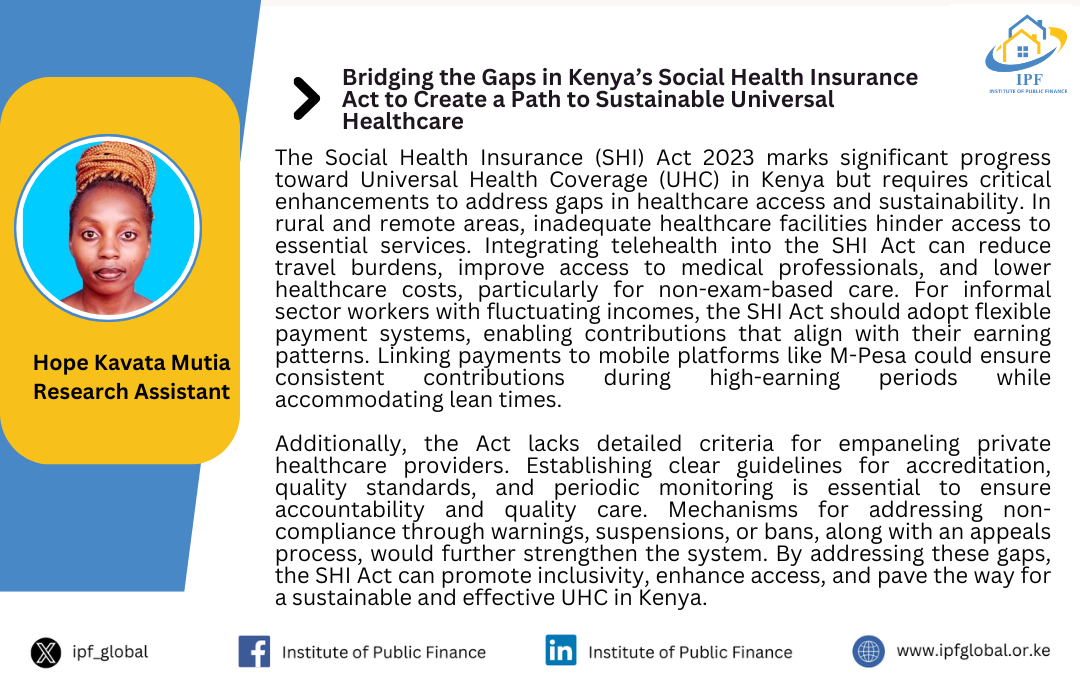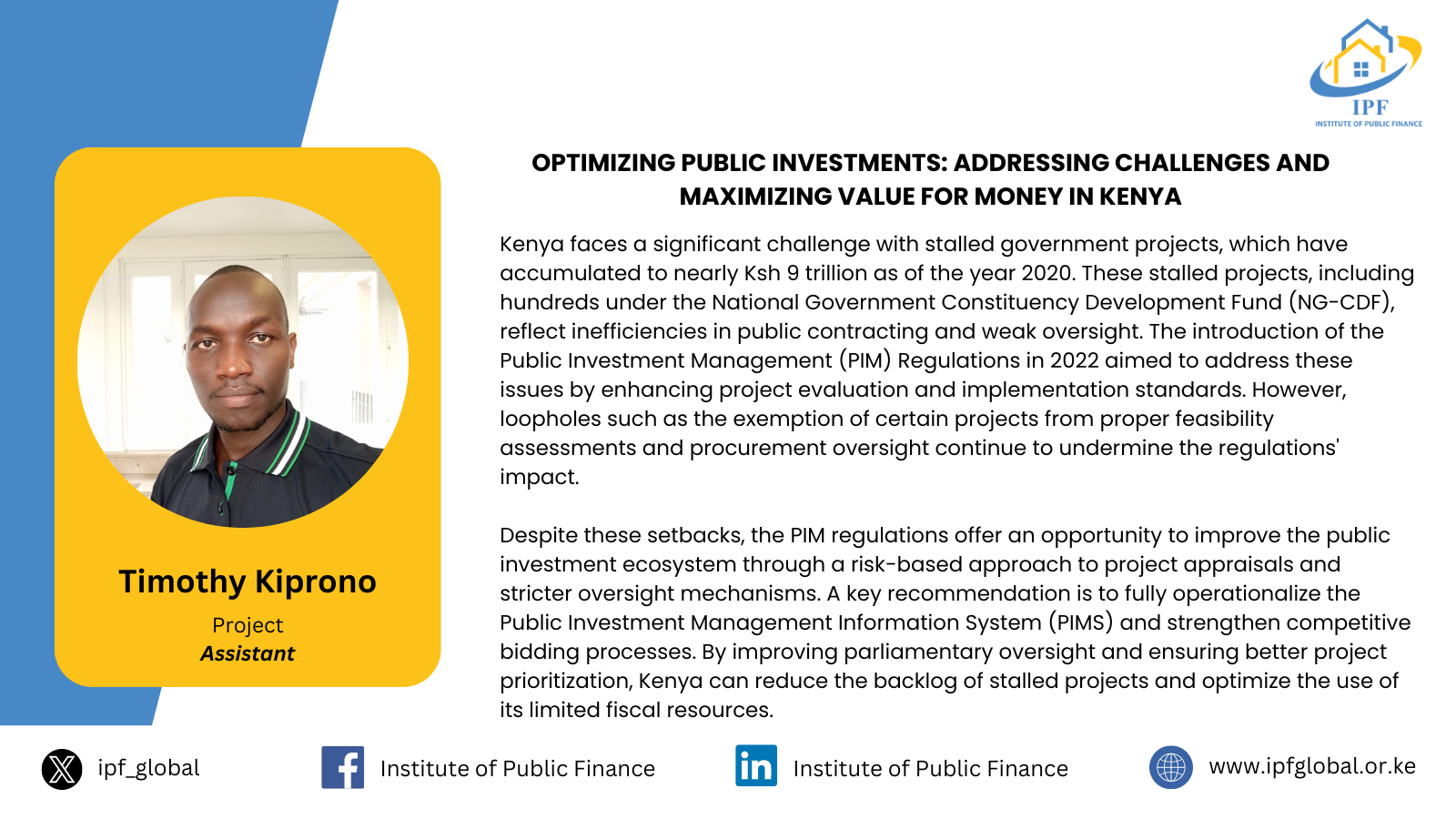
In January 2008, the Turnover tax which has been replaced by the presumptive tax in January 2019 was introduced with the purpose of simplifying how the small business file and pay their taxes in Kenya. The turnover tax was a tax on income of small businesses whose income was less than Kshs 5,000,000 per year and more than kshs 500,000 per year. However, in June 2018, the Cabinet Secretary National Treasury acknowledged that turnover taxation has largely been unsuccessful, and the levels of compliance have remained low due to the profile of the sector and thus proposed to introduce the presumptive tax at fifteen (15%) percent based on the business permit or trading license fees.
It is imperative to understand that the collection of taxes from the many small unregistered business operators is clearly a challenge that KRA has been grappling with. Majority of these small business operators are highly mobile with weak accounting systems and simple management structures. This then presents a difficulty in having them pay for taxes month in month out like other formalized businesses. Therefore, a simple way of getting these small businesses to pay their fair share of tax is by defining what is the easiest option of getting to them. By adopting presumptive taxation, KRA generally accepted that these businesses have income that is presumed rather than actual due to their weak accounting system and that local authorities where these businesses are operating are in a much better position to monitor them.
KRA defines presumptive tax as a final tax payable by a resident person whose turnover from business does not exceed Kshs. 5 million during a year of income and costs 15% of the single business permit value as issued by a county government. Considering that tax collection is still hampered by a large informal sector in Kenya and an underperforming tax authority, it leaves the formalised sector prone to government overzealous supervision. While it is evident that majority of small-scale businesses and self-employed professionals are not registered for tax purposes, it is important to understand that at the local level where they operate, they are highly formalized by the business permits issued by the local authorities and thus become an easier target by the revenue authority with enforcement powers being delegated to the county government issuing the business permit.
Presumptive taxation should involve simple and cost-effective techniques to capture domestic transactions and sources of income that frequently escape taxation under conventional norm. Further, while the government has acknowledged the failure of the turnover tax due to the nature of the informal sector, it is imperative to understand whether the presumptive tax will have a tax induced behavioral changes that could result in reduced output. Is it possible that more people will avoid paying for business permits and in turn avoid paying presumptive tax and in turn deny county governments revenue?
Taxing all persons and businesses that qualify for taxation and distributing the taxes prudently in the economy reduces inequalities and with it comes more goodwill from citizens. However, in an environment where mistrust exists due to misappropriation of resources, poor service delivery and failing local infrastructure, the government should do much more than just collect taxes and levies.





